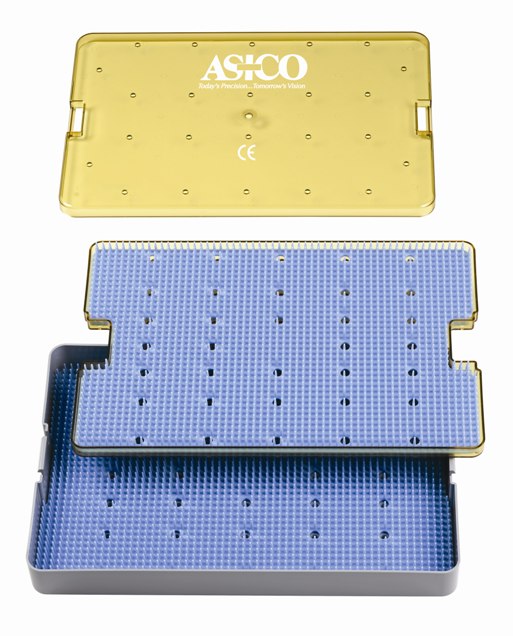Rulon
Technical Specifications
Rulon® is a proprietary, homogeneous material made primarily of PTFE-based resins engineered and developed for specific applications. The Rulon® family of materials combines high compressive strength, a low coefficient of friction, and excellent abrasion and corrosion resistance running without lubrication. Rulon® products are used in bearing and seal applications at temperatures from -400° F to 500° F with and without supplemental lubricants. Rulon® products are unique in that they do not cause stick-slip, or erratic low-speed motion. They also withstand a variety of harsh environments such as extreme dryness, cryogenic temperatures, water, steam and hydrocarbon fuel. Rulon® products primarily are used for mechanical, electrical and chemical applications.
Grades and Colors
-
Rulon® AR
Rulon® AR is the original Rulon® material and the first commercially available reinforced PTFE. It continues to be used widely in both bearing and seal applications. Rulon® AR has an excellent combination of flexibility and load-carrying properties, high wear resistance, low friction, and good electrical insulative and chemical properties. This grade is designed for long life and reliability in continuous nonlubricated service. Because the reinforcing agents in Rulon® AR are ceramic in nature, mating surfaces should have minimum hardness of Rockwell C35. Typical uses are seals, piston cups and some bearings. Color is light maroon.
-
Rulon® LR
Rulon® LR is modified Rulon® AR and is marked by low deformation characteristics that increase the mechanical properties for slightly more load capacity with a corresponding decrease in flexibility. Rulon® LR is compatible with most hardened steal substrates. Mild steel is acceptable, though harder surfaces are better. It also has a virtually universal chemical inertness. Only molten sodium and fluorine at elevated temperatures and pressures show any signs of attack. This grade sometimes is used as a seal for piston rings but not in flexing lip-seal applications. Color is dark maroon.
-
Rulon® J
Rulon® J is an all-plastic reinforced PTFE with lower friction and wear compared to other reinforced PTFE compounds. Rulon® J can be used against nonferrous and nonmetallic surfaces such as mild steel, 316 stainless steel, aluminum, brass and other plastics. It has superb tribological properties and is suitable for use in bearing, seal and wear-component applications. The mechanical strength of Rulon® J is slightly less than it is for other Rulon® grades. It is ideally suited for start/stop applications where stick-slip must be eliminated. Rulon® J should not be used in alkaline solutions, oxidizing acids or steam environments. Color is dull gold.
-
Rulon® 641
Rulon® 641 is an FDA-compliant material suitable for most mating surfaces, including mild steel and 303 and 316 stainless steel. This grade was developed for food and drug contact applications. It has excellent chemical and wear resistance, surpassing other materials such as Nylon, UHMW polyethylene and virgin PTFE. Rulon® 641 has a deformation underload comparable to Rulon® LR. Color is white.
-
Rulon® 142
Rulon® 142 was developed specifically for use as linear guideways on machine tools. It has a slightly lower deformation underload than Rulon® LR and is more thermally and electrically conducive. Typical characteristics include low wear, high thermal dissipation and good dimensional stability. Rulon® 142 also is more abrasive and less chemically resistant than Rulon® LR; however, most other physical properties are similar. Strong acids and bases should be avoided, as they may attack the Rulon® 142 fillers. Color is bright turquoise.

Key Properties:
- No stick-slip
- High compressive strength
- Low coefficient of friction
- Excellent abrasion and corrosion resistance
- Withstands low and high temperature extremes
Standard Shapes and Forms:
- The range of sizes and shapes are grade specific, please contact us for more information.
